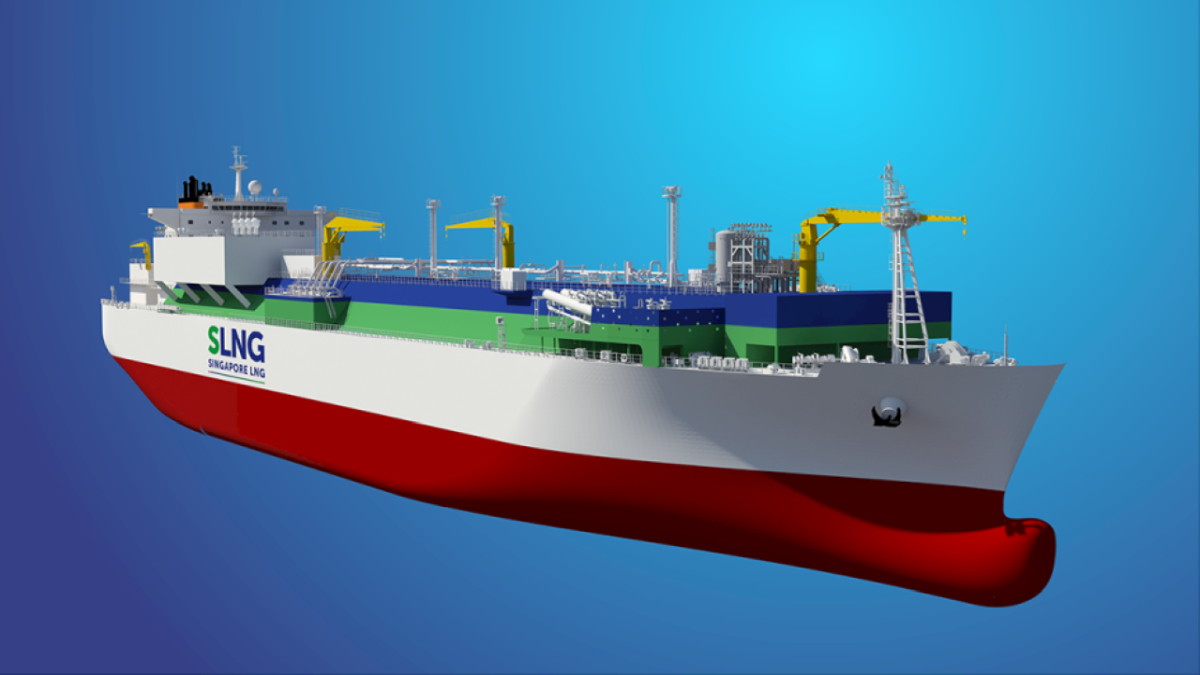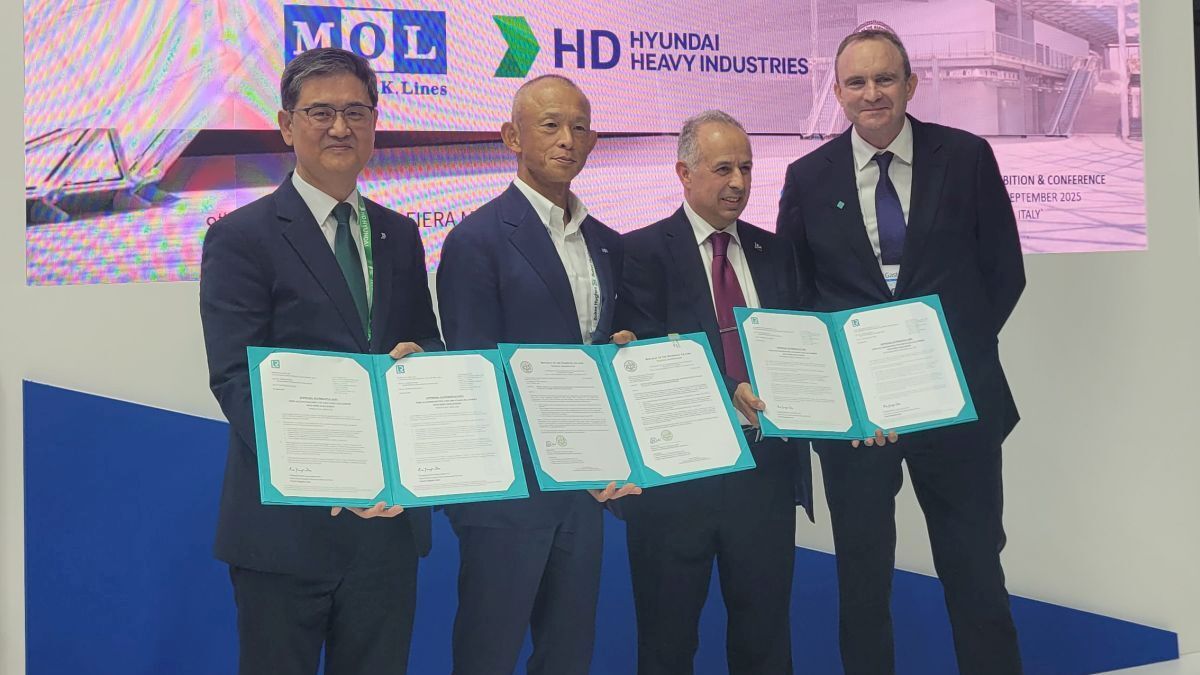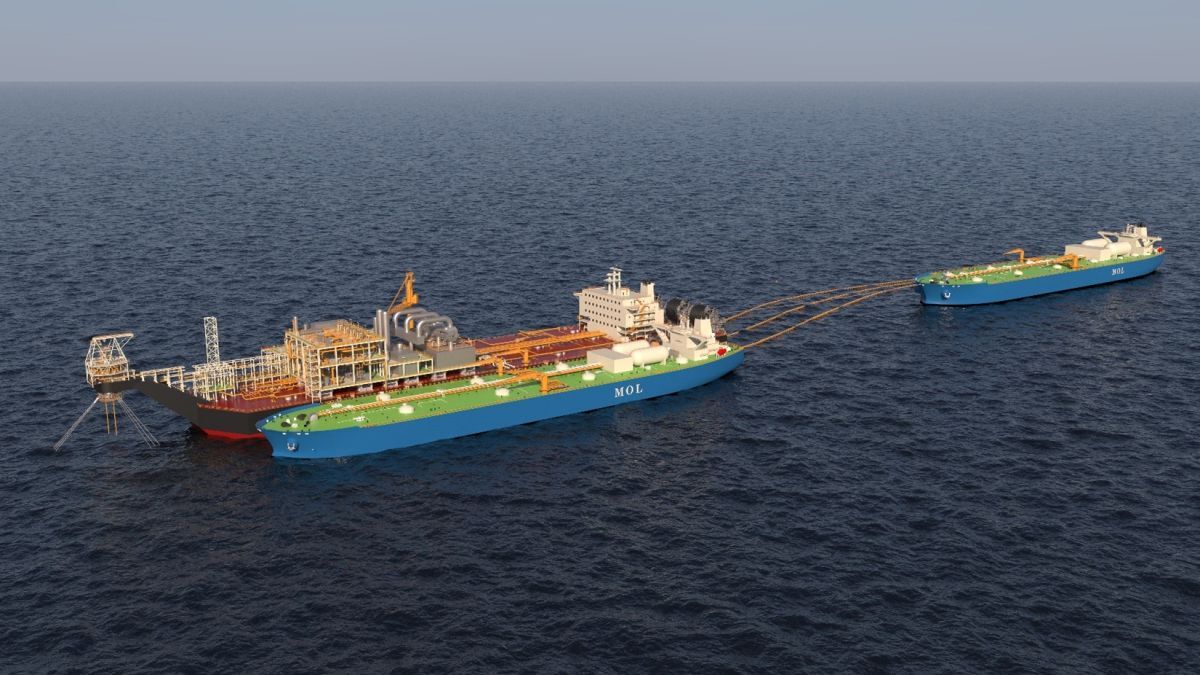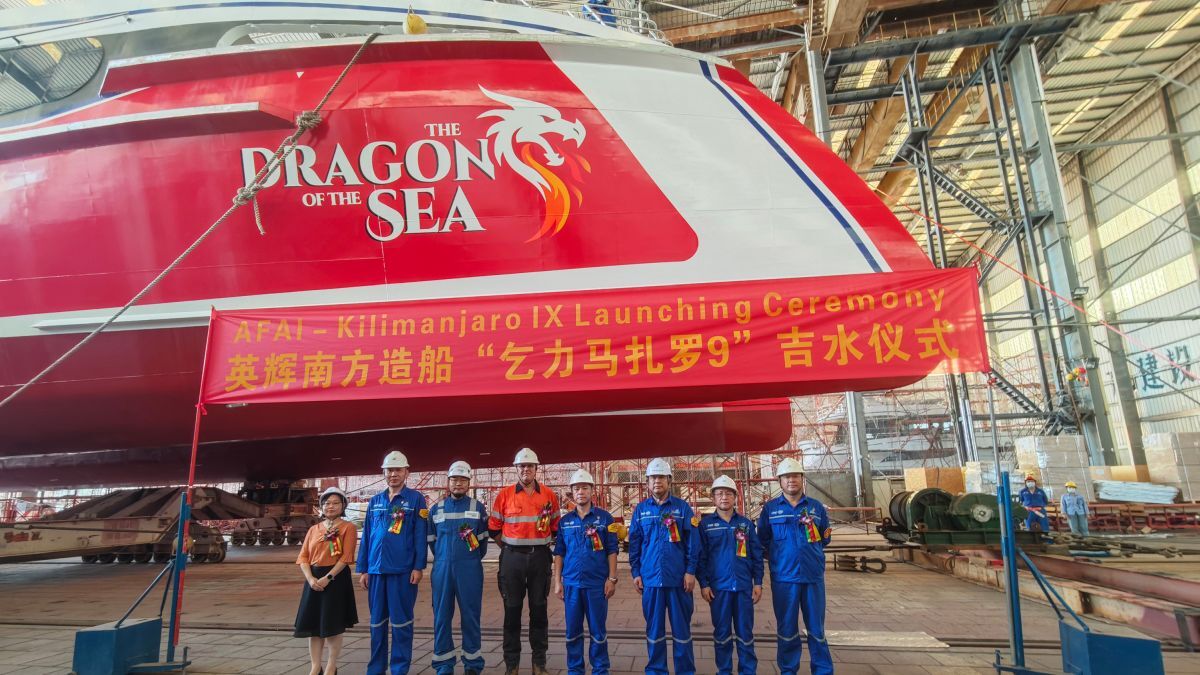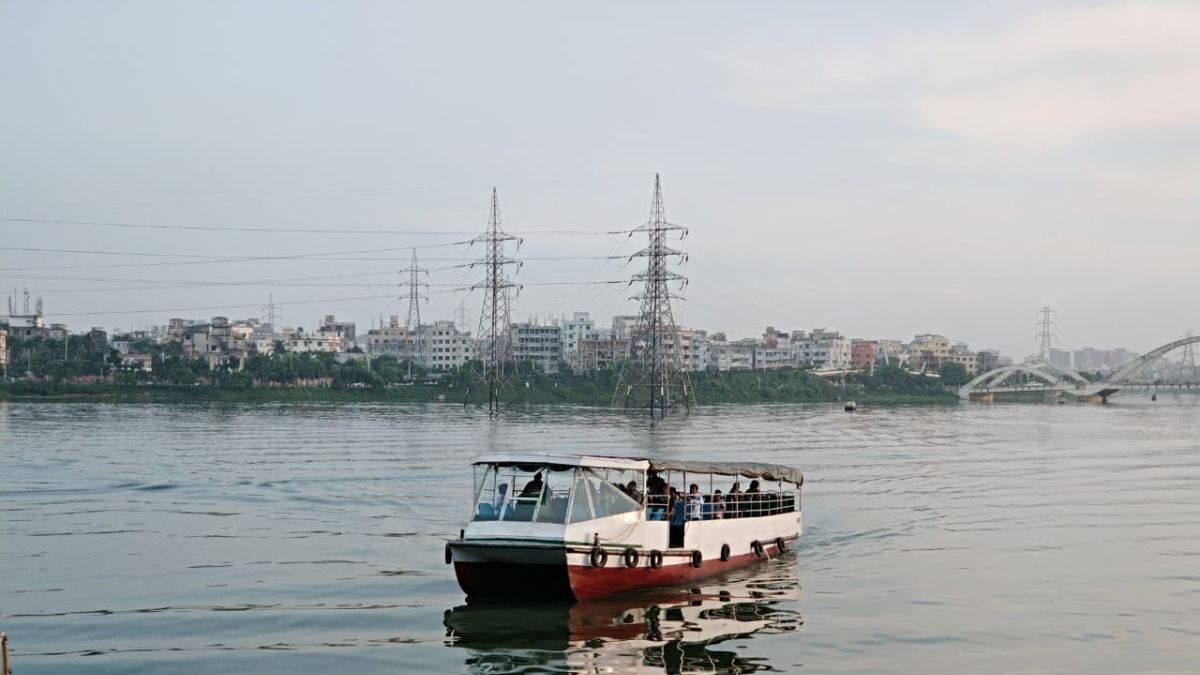Business Sectors
Contents
Register to read more articles.
How digitalisation can accelerate ESG reporting
Why digital tools are crucial for the cruise industry to carry out ESG reporting
ESG governance is no longer a ’nice-to-have’ for shipping - it is critical to doing business, says NAPA Safety Solutions executive vice president Esa Henttinen.
From reporting on greenhouse gas emissions to increasing safety standards on board, ESG is having a multi-faceted impact on shipping and the way companies operate.
“Passenger ships are leading this change, not only because of the lives at stake but also because they are more visible to their end customers. From a reputational point of view, this element of accountability makes reporting on ESG critical to building trust and winning the confidence of stakeholders, from passengers to potential investors,” says Mr Henttinen.
Accelerating this transformation, digital solutions like NAPA’s are making a tangible impact on the industry’s ability to get granular insights on what happens on board to the shoreside.
Asked about whether there is more pressure from banks and investors for shipping companies to carry out ESG reporting, Mr Henttinen singles out the cruise industry, which is emerging from a pandemic-induced slump where business was at an all-time low. Today, with passengers returning to the seas, capital injections from banks and investors play a critical role in funding the cruise industry and helping cover its outstanding debts that collectively represent billions.
Mr Henttinen continues, “Being able to demonstrate how operators are delivering on their sustainability ambitions and safety promises is essential to securing investor confidence today, while strengthening companies’ future creditworthiness and position to secure future capital. Here, using an electronic logbook solution adds a critical stamp of legitimacy to the data you share and report for ESG. Logbooks are the official reference, signed and approved by the captain and gathered as per regulatory requirements - they confirm the data has been verified and the methodology is standardised.”
There are two primary challenges: underutilisation of existing data and fragmented data capturing, unsuitable for proper analysis.
Mr Henttinen says, “When it comes to shipping, it is well known that 90% of data collected on board typically stays on board. The challenge with this is that it limits the scope for shoreside teams and offshore teams to collaborate and analyse data captured by onboard systems and sensors, as well as noon reports, weather and more. What becomes clear is that while there is a culture of data recording on board vessels, there is a growing gap between this and generating actionable insights.”
Where digital solutions are making a difference is in automating and standardising the data-gathering, integration, and sharing processes, he says. For instance, electronic logbooks can present captain-verified data on a multitude of function reports and daily logs in an integrated and error-free format.
Mr Henttinen comments, “Then, leveraging ship-to-shore connectivity, teams can collaborate more closely and in real-time to make the most of this data. This enables them to uncover new efficiency opportunities and improve safety measures, using insights that previously were hidden in paper logs.”
“However, as the industry is realising, we are still at the early stages of this transformation. With data collection happening at an unprecedented rate, the next frontier for many organisations is, therefore, to find ways to manage and analyse this massive amount of information they now have at their fingertips.”
He emphasises, “It’s almost a no-brainer” that technology and integrated data flows can make reporting and data sharing with third parties immensely easier. Importantly, digitalising the entire process helps minimise the administrative burden for seafarers and reduces the margin for error.
Mr Henttinen sums up, “Not only does this deliver valuable time-saving benefits, but it also makes it a lot easier to integrate data in one place. For complex operating systems like cruise ships, there is no other viable alternative.”

Columbia Cruise Services boosts ESG reporting with digital tool
In 2019, Columbia Cruise Services (CCS) adopted NAPA Logbook, a digital tool that automates the collection and analysis of ESG data, to monitor and action its commitment to sustainable and responsible business practices.
Mr Henttinen says, “Working in the cruise industry with publicly listed companies, the challenge for CCS was to meet mandatory ESG reporting and keep up with increasingly stringent regulatory obligations. The solution presented by NAPA was a platform that could deliver error-free, standardised and accurate data, all in an easy-to-use format for crew across CCS’ fleet with different systems. Furthermore, as a third-party ship manager, CCS needed a flexible and modular solution that could cater to its different clients and their own systems’ needs.”
With NAPA Logbook, CCS was able to achieve that. Using NAPA Logbook, CCS transformed its data collecting and reporting processes, making it simpler, more transparent and automated. In addition to this, NAPA Logbook helped create new avenues for data analysis; CCS is now able capture vessel-performance-related data such as water balance, fuel efficiency, ballast conditions, voyage performance and more, all of which were previously not available or difficult to extract from various manual Excel sheets or unstandardised reports. Using digital tools, past and current data on operations is now available with one touch.
Using these insights, the aim is also to be able to tell each passenger what their CO2 impact is, per cruise, like the aviation industry. Furthermore, CCS is looking to expand its use of NAPA for incident reporting to improve situational awareness and decision-making based on these live insights.
Mr Henttinen says, “CCS’ successful adoption of NAPA Logbook is testament to the tangible impact of taking ESG seriously and taking steps towards more sustainable and responsible business practices. By embracing data-driven technology solutions, companies can meet their ESG reporting requirements more efficiently and effectively, while also helping them do good for the planet and their partners.”
Sign up for Riviera’s series of technical and operational webinars and conferences in 2023:
- Register to attend by visiting our events page.
- Watch recordings from all of our webinars in the webinar library.
Related to this Story
Events
Maritime & Offshore Community Golf Day 2025
Offshore Wind Webinar Week
Maritime Decarbonisation, Europe: Conference, Awards & Exhibition 2025
Offshore Support Journal Conference, Americas 2025
© 2024 Riviera Maritime Media Ltd.




